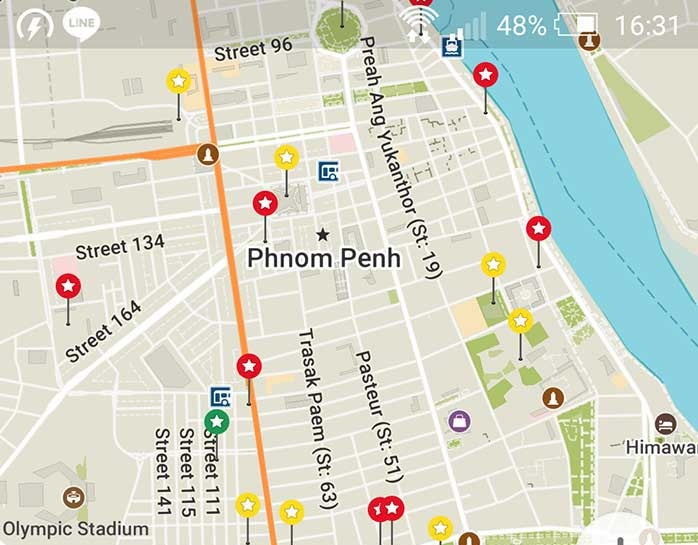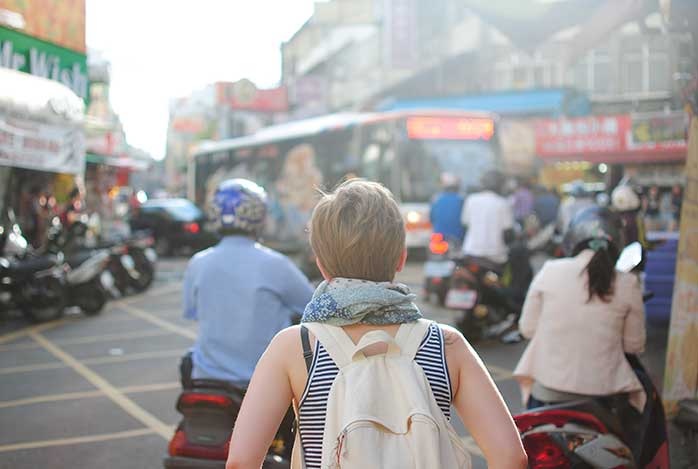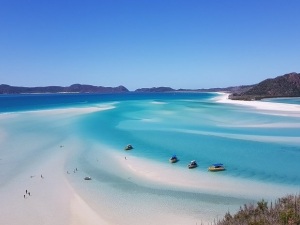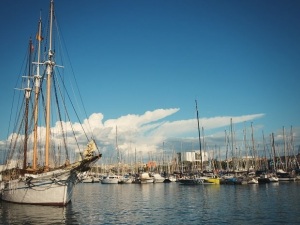Getting lost is a part of traveling and it doesn’t even have to be a bad thing. You often get to see places you didn’t know about and places you wouldn‘t have normally got to see. However, in general you need to get from place A to place B and getting lost is sometimes not an option. Here are some of the best things you can do to always stay on right track.
Get a good map
As simple as it seems, this is the best thing you can do to prevent getting lost. We highly recommend downloading Maps.me to your phone as they are one of the best free maps out there. You can download offline maps and pin places so finding places gets really easy. If you are planning to use GPS, take into account that its use is often limited and that it drains your battery fast, so be sure to take a power bank with you. As much as we love electronic maps, it is always a good practice to have a paper map too if possible. You never know what can happen to your phone.

Plan ahead
It is always good to do some research on getting to the place where you are going. Your map will be for no use if you can’t find the place on it. You can find all the information you need on travel websites and in guidebooks and then put the information in use with your map. Pin or circle all the places on your map and even add notes on transportation. This may seem very tiring, but you will be happy you did it as it will make your travels much easier.
Observe your surroundings
When you are spending more time at one place, it is always good if you can remember at least some landmarks you often pass. If you can’t find any landmarks, take notice of street numbers and street names. You don’t need to be dependent on your map all the time when you can simply use your photographic memory. Furthermore, when you observe your surroundings for better orientation, you often see and notice things and places you would have otherwise missed.
Ask for help
Sometimes asking locals is the easiest option as they know the place better than you do. You will always be able to find someone who will be happy to help you, however don’t be so fast on walking the direction somebody showes you. Locals will not always fully understand what you saying even though they may seem like they do. If you are not sure you got the right direction, try asking someone else to see if you get the same answer. In general, it is usually better asking younger people as there is higher chance they will understand you more. Don’t forget to say thank you in the local language.
Even though this article is about not getting lost in the first place, it is better in some situation if you take precautions in the case you do. If you are going to some isolated places alone, let someone know where you are going and when you are coming back. Even if it had to be a receptionist at your hotel, it is better to be safe than regret later. You don’t want to get lost in places where you would not be able to find any help if anything happened to you.





